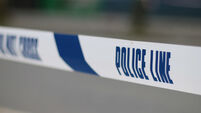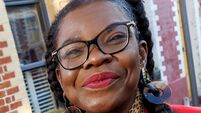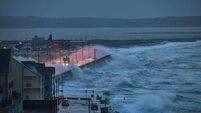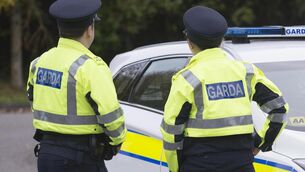Mandela denied Freedom of Dublin in 1983

Although the late South African leader was conferred a Freeman of Dublin in 1988 — the first capital city in the world to do so — councillors dismissed the idea during behind-the-scenes meetings in 1983.
Documents released into the National Archives under the 30-year rule showed then taoiseach Garret FitzGerald ordered advice from the Department of Foreign Affairs after he became aware of the proposal.













